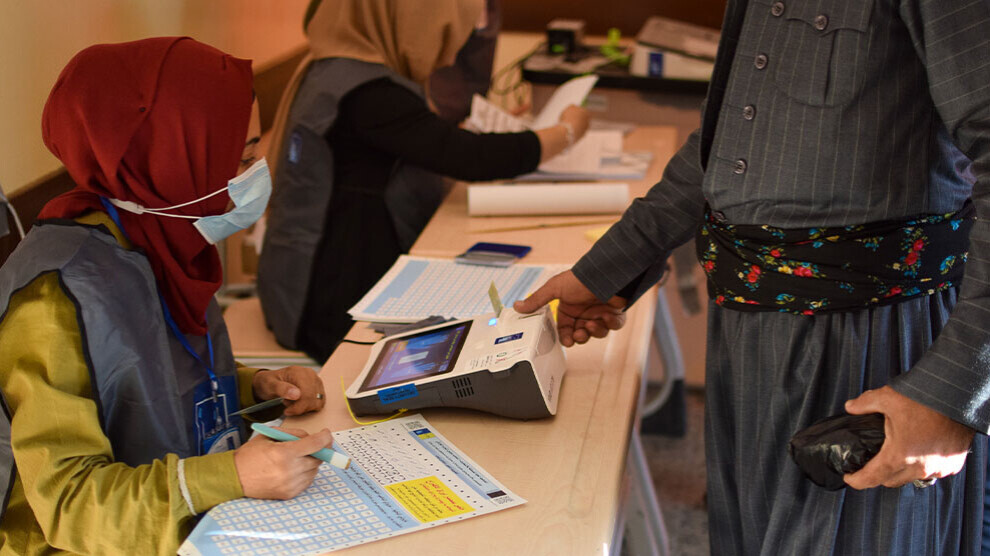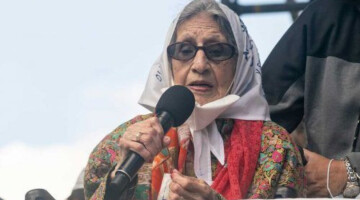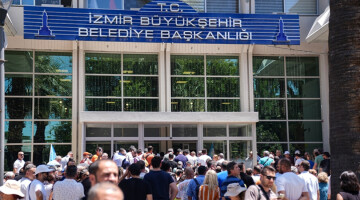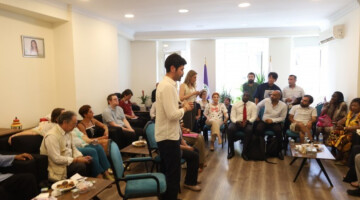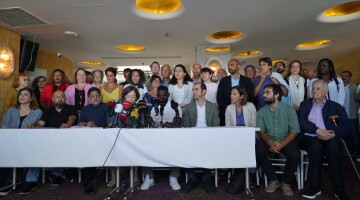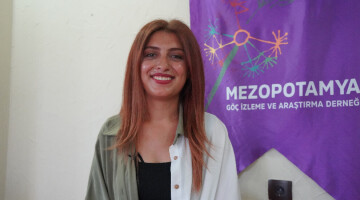The Election Commission in Iraq (IHEC) published on Saturday the preliminary final results of the early parliamentary elections held on October 10. According to official figures, voter turnout remains at 41 percent. The movement of Shiite cleric Muqtada al-Sadr is the strongest party with 72 deputies, followed by the Takaddum coalition of incumbent parliament speaker Mohammed al-Halboosi with 37 seats. The Southern Kurdistan’s KDP and the "State of Law Coalition" of former head of government Nuri al-Maliki each won 33 seats. The Kurdistan Coalition sent 16 deputies to Baghdad, while the pro-Iranian Fatah Coalition won 15 seats.
Other parties are represented in parliament as follows:
Azm Alliance: 13 mandates
Nifşê Nû (New Generation): 9 mandates
Emtidad Movement: 9 mandates
Islamic Unity Party: 4 mandates
National Alliance of State Forces: 4 mandates
Kurdistan Justice Group: 1 seat
Independents: 35 mandates
Others: 39 mandates
Mandates for ethno-religious minorities: 9
For coalition negotiations to officially begin in Baghdad, the election results must be certified by the Supreme Court. Within 15 days of the confirmation of the results, the president will convene a parliamentary session chaired by its oldest member to elect a speaker and two deputies by an absolute majority. The parliament will also elect a president by a two-thirds majority.
The president will then task the largest bloc in parliament with forming a government and appoint a prime minister within 15 days. The latter then has 30 days to form a cabinet.

